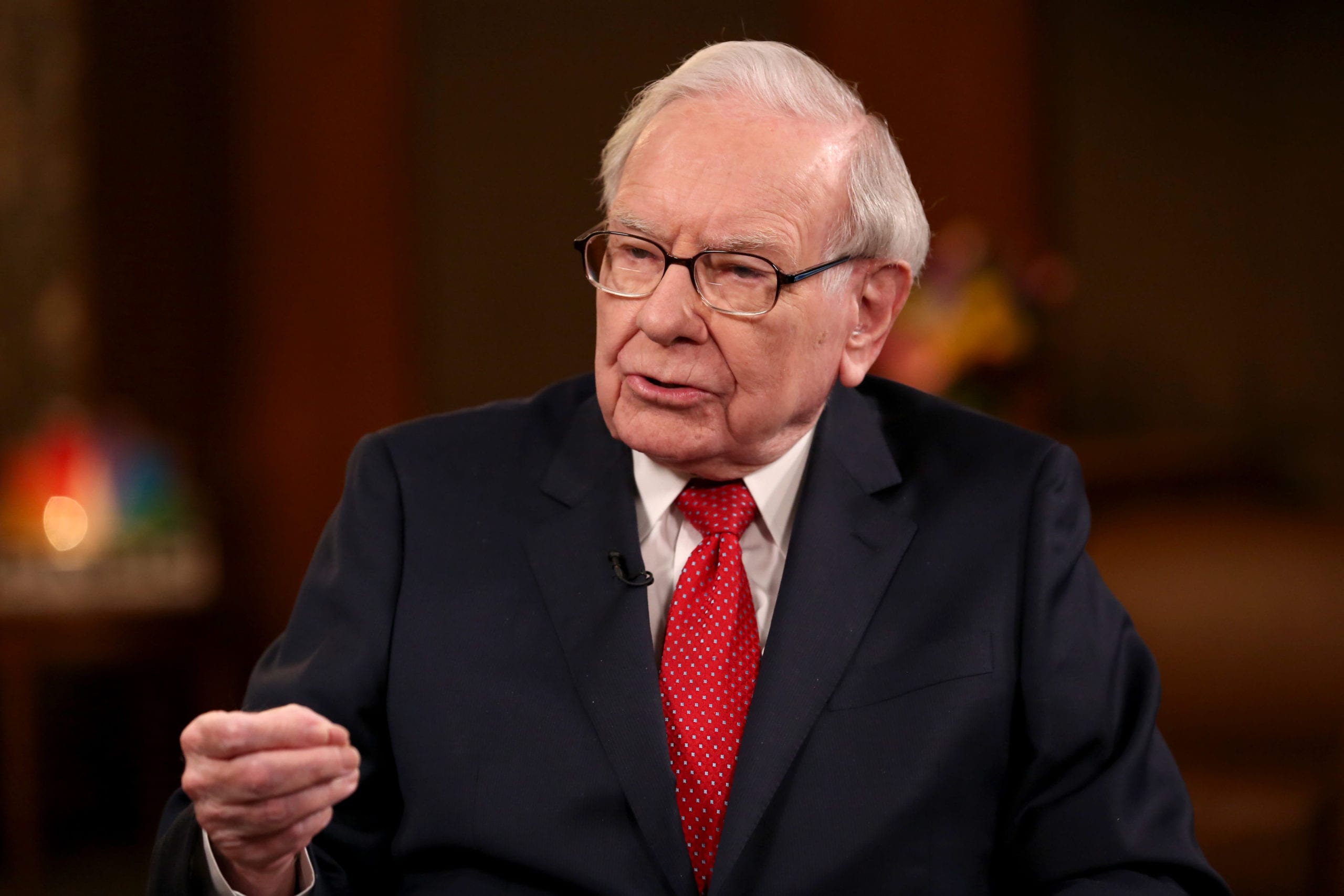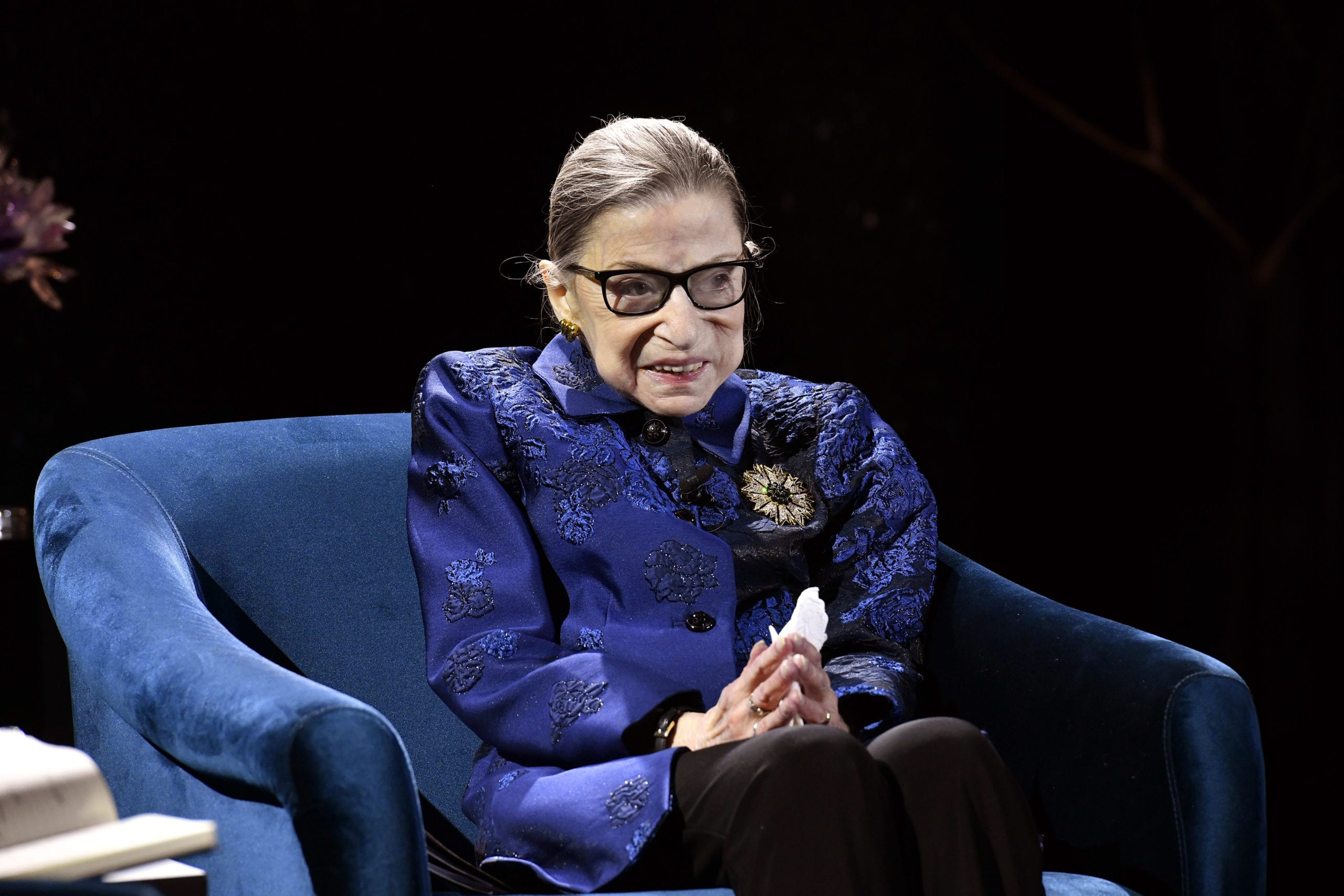[ad_1]
Warren Buffett
Gerry Miller | CNBC
Warren Buffett’s Berkshire Hathaway on Saturday posted a record net loss of nearly $50 billion as the coronavirus pandemic pummeled its common stock investments, but operating profit rose even as COVID-19 hurt its businesses.
Berkshire’s first-quarter net loss totaled $49.75 billion, or $30,653 per Class A share, reflecting $54.52 billion of losses from investments, mainly common stocks. A year earlier, net earnings totaled $21.66 billion, or $13,209 per share.
Quarterly operating profit, which Buffett considers a better performance measure, rose 6% to $5.87 billion, or about $3,624 per Class A share $5.56 billion, or about $3,388 per share.
An accounting rule requires Berkshire to report unrealized stock losses and gains with earnings. This causes huge swings in Berkshire’s net results that Buffett considers meaningless.
Nonetheless, Berkshire has loaded up on stocks in part because of Buffett’s inability to find large companies to buy outright, a drought that has lasted more than four years and left Berkshire with about $137.3 billion of cash.
The Standard & Poor’s 500 slid 20% in the first quarter but there were steeper falls in several large Berkshire holdings including American Express, Bank of America, Wells Fargo and four airlines — American, Delta, Southwest and United.
Berkshire’s operating businesses, like much of corporate America, were not unscathed by COVID-19, which hurt volumes at the BNSF railroad and forced retail businesses such as See’s Candies to temporarily close stores.
Most of Berkshire’s businesses have been hurt by the pandemic, with effects so far ranging from “relatively minor to severe,” and revenues of businesses deemed “essential” have slowed “considerably” in April, the company said.
Vice Chairman Charlie Munger told The Wall Street Journal last month that a few small Berkshire businesses might close altogether.
















